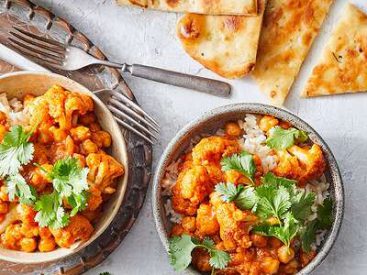In honour of Oktoberfest, I am cracking open some beer – but not just to sip on. The merits of beer extend well beyond just something to drink. Like wine, it is deeply flavourful, and the recent explosion of the beer market means there are some really exciting craft […]
Delicious!
Delicious!



